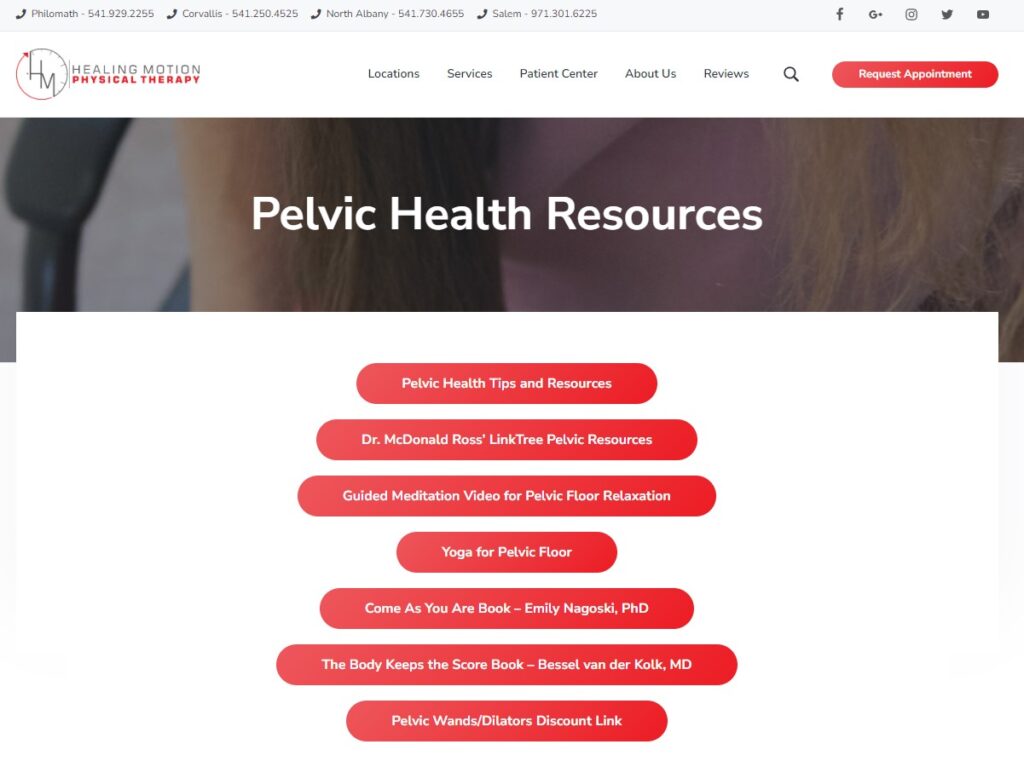Written by Options RN, Louise Hall
Last updated: 6/5/24
Women of all ages have questions regarding pregnancy. Some common questions include: Is it possible for me to be pregnant? What are the risks of becoming pregnant at my age? While these questions could each be answered at an in-depth level, this post will give a brief overview of each.
First, when is it possible to be pregnant? Pregnancy is possible during the years that a woman has a menstrual cycle. This means if a woman is sexually active between puberty and menopause, there is a chance that she can become pregnant. During the first few years of puberty, the menstrual cycle is irregular, and ovulation may not occur during every cycle, so pregnancy is less likely, though it can and does happen, even with a young woman’s first menstrual cycle. Similarly, as menopause approaches, cycles and ovulation, become irregular again, so pregnancy is again less likely, but still possible.
With these things in mind, if a young woman in her teen years gets pregnant, what unique challenges will she face? In the first few years after starting puberty, a woman’s body is adapting to the hormonal changes that happen each month. This means that the hormonal changes of pregnancy might be more difficult to handle than for women who have had more time to adjust to these hormonal changes. Also, because she is still likely growing herself, there is an increased risk for the woman to develop a nutritional deficiency, an obstructed labor that requires a c-section (especially for girls under age 15), preterm birth, and small-for-gestational-age babies. If a woman gets prenatal care early, some of these challenges can be prevented or treated early so both the woman and her baby are healthier. Some young women try to hide their pregnancies, or they might be in denial, refusing to admit that they could be pregnant, so they do not take a pregnancy test, or see an OB-GYN or midwife, until they are several months into their pregnancies. An OB-GYN or midwife can help young women prepare for the body changes of pregnancy, teach them how to eat and exercise well during pregnancy, and help quickly treat any complications that might arise as pregnancy continues. For the healthiest pregnancy possible, it is recommended that young women try to see an OB-GYN or midwife in the first trimester (the first 12 weeks of pregnancy).
The challenges faced by older women in pregnancy can be similar to those faced by younger women. Pregnancy in women over the age of 35, which is the age arbitrarily set as the cutoff for “advanced maternal age,” is becoming more common. As a woman ages, her eggs begin to decrease in quality, so the risk for miscarriage gradually increases in her late thirties and through her forties and early fifties until menopause occurs. Additionally, the risk for chromosomal abnormalities gradually increases over that time, which can cause anxiety for women hoping to get pregnant. The chance of conceiving multiples, such as twins, also increases with age, which can be exciting but also stressful. While there isn’t anything a woman can do to affect these three things, having a good support system can help to minimize anxiety and insure a woman has help if she should experience any of these challenges. A healthy lifestyle can help minimize other risks that come with increasing age. These other risks include higher rates of gestational diabetes, preeclampsia, large- and small-for-gestational-age babies, and an increased risk for stillbirth in pregnancies that continue past 40 weeks. Part of the increased risks in older age are due to the fact that age gives more time for chronic health conditions to develop or become apparent. If a woman has a chronic health condition, such as diabetes or thyroid disease, she should work with her doctor to manage this before and during her pregnancy. If she is actively trying to get pregnant, talking with her doctor might be helpful because any medications she is on might need to be adjusted during pregnancy. Finally, knowing in advance that doctors will likely recommend more prenatal tests during her pregnancy can help relieve anxiety, as these tests become more routine as women get older.









